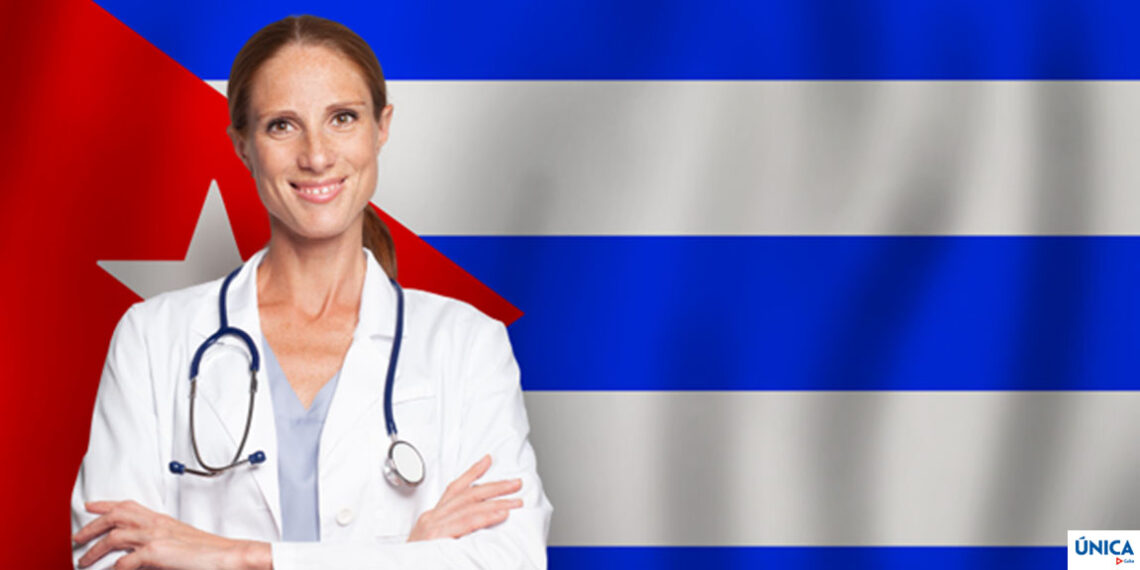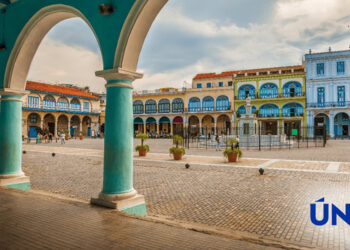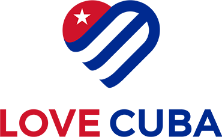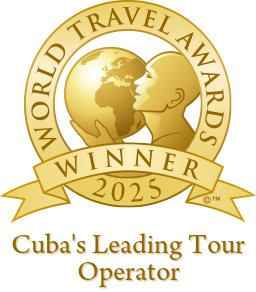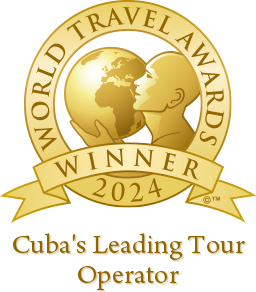When most of us hear the words ‘Cuba’ and ‘humanitarian aid,’ the first thoughts that come to mind likely involve western countries helping Cuba. While the country might have had its share of natural disasters, it has managed to provide aid to groups suffering in other countries, especially in the healthcare field. In fact, more than 50,000 Cuban health care workers are working in 66 countries worldwide.
Fidel Castro, who served as the leader of Cuba until 2008, believed that healthcare diplomacy would spread the ideals of the Cuban Revolution to other countries. Humanitarian aid became a way for Castro to appeal to foreign countries that shared similar ideologies and a distrust of the West.
Medical aid

The first time that Cuba provided medical aid happened in 1960, shortly after the Cuban Revolution, when a massive earthquake hit Chile. This natural disaster killed almost 5,000 people, and Cuba decided to help out by sending their healthcare workers into the aftermath.
This island country also helped provide relief to other Caribbean islands many years later, in 1998. Two major hurricanes, named Georges and Mitch, had ravaged many tropical islands and Latin American countries, causing widespread destruction. Cuba’s leaders saw this as another chance to prove Cuba’s generosity and humanitarian efforts.
Cuba’s first medical assistance project abroad that didn’t involve disaster relief was in support of Algeria after the country gained independence from France in 1963. Most of Algeria’s doctors had returned to Europe after the war, leaving this country with a massive lack of proper healthcare professionals, along with many wounded soldiers and citizens. Castro sent doctors and medical supplies to Algeria, which proved helpful as Algeria’s first president visited Cuba in 1962 to profess his gratitude to the island nation.
Aid during the Ebola crisis

Other countries grew in support of Cuba due to its exceptional response to the Ebola crisis in West Africa. Cuba decided to keep its medical cooperation of more than 4,000 Cuban specialists in all 32 African countries affected by Ebola. This effort was completely voluntary and was very well-received.
Cuba was uniquely prepared to treat Ebola because of a national priority that the country calls ‘Cuban Medical Internationalism.’ This means that in preparation for diseases like Ebola, health care workers go through specific, intensive training. They also take special courses on the region’s culture and history.
Many different countries at the United Nations Assembly in 2014 praised Cuba for its response while fighting the deadly virus. Because of Cuba’s aid in the Ebola crisis, every nation at the assembly (except Israel and the USA) voted to condemn the USA’s economic embargo, which has been going on for decades.
Aid after the Chornobyl disaster
Another crisis in which Cuba provided aid was during the Chornobyl nuclear accident in Ukraine. Victims of the disaster are still suffering today, as the radioactive and mental health effects have been of long-term consequence. This disaster even harmed the subsequent generations. Cuba offered help to minimise these problems by starting the ‘Chornobyl Children’ program at the Tarara pediatric hospital in 1990.
This program promised to provide free, comprehensive medical care for all affected kids aged 5 to 15. Patients are served by a wide variety of specialists and receive access to new vaccines, biotechnology resources, and other cutting-edge medical treatments. It has aided over 24,000 children over the past 25 years, costing an estimated $300 million — far more than any other country has offered to the Chornobyl victims.
Most of the first patients at the pediatric hospital suffered from thyroid-related illnesses. Nowadays, post-traumatic stress disorder, or PTSD, is commonly treated, as well as genetic malfunctions, especially in the kidneys. Skin disorders, such as vitiligo, are another long-term effect treated at Tarara. The treatment centre continues to grow and is now serving young disaster victims from all over the world. This is a perfect example of how Cuba has provided disaster relief, especially when it comes to healthcare and young people.
Latin American Medical School
Another program that Cuba proudly funds is the Latin American Medical School — or ELAM. This post-secondary school offers many scholarships to low-income students from all over the world. It requires that international students return to their home countries after graduating to work in health care. This way, Cuba can help developing countries grow their medical staff without sending out all of their own doctors and nurses.
Castro’s government prioritized healthcare and made sure that the number of medical training facilities could accommodate the supply and demand for healthcare professionals. Because of this, the country made a medical workforce that tops every other developing nation. In 2008, Cuba had about 33,000 family physicians, which is impressive considering the population of the small island country.
Today, Cuba has a doctor-to-patient ratio of one per 150, surpassing many developed nations. In fact, Cuba’s infant mortality rate is 5 per 1,000 live births, which is actually lower than the United States. In addition, Cuba and the U.S. have the same life expectancy, which is 79 years. Every person in Cuba is visited by a doctor at least once a year, and their healthcare system is considered one of the best in the world.
Final thoughts
No one can deny the benefits and relief Cuba’s humanitarian aid has provided to victims of natural disasters and disease outbreaks. The country’s progressive medical system and projects have helped the Latin world elevate its healthcare standard in the long term.
That being said, universal healthcare fits perfectly into socialist Cuba’s ideology, which elevates healthcare as a human right. Cuba’s efforts to provide international medical assistance is a very positive action, helping countless communities for the better.
Love Cuba is the UK’s leading Cuba holiday specialist. Click here for more info on Cuba holidays, Multi Centre Cuba Holidays or Tailor Made Cuba Holidays please don’t hesitate to contact our friendly team of Cuba holiday specialists on 0207 071 3636 or email enquiries@lovecuba.com.





